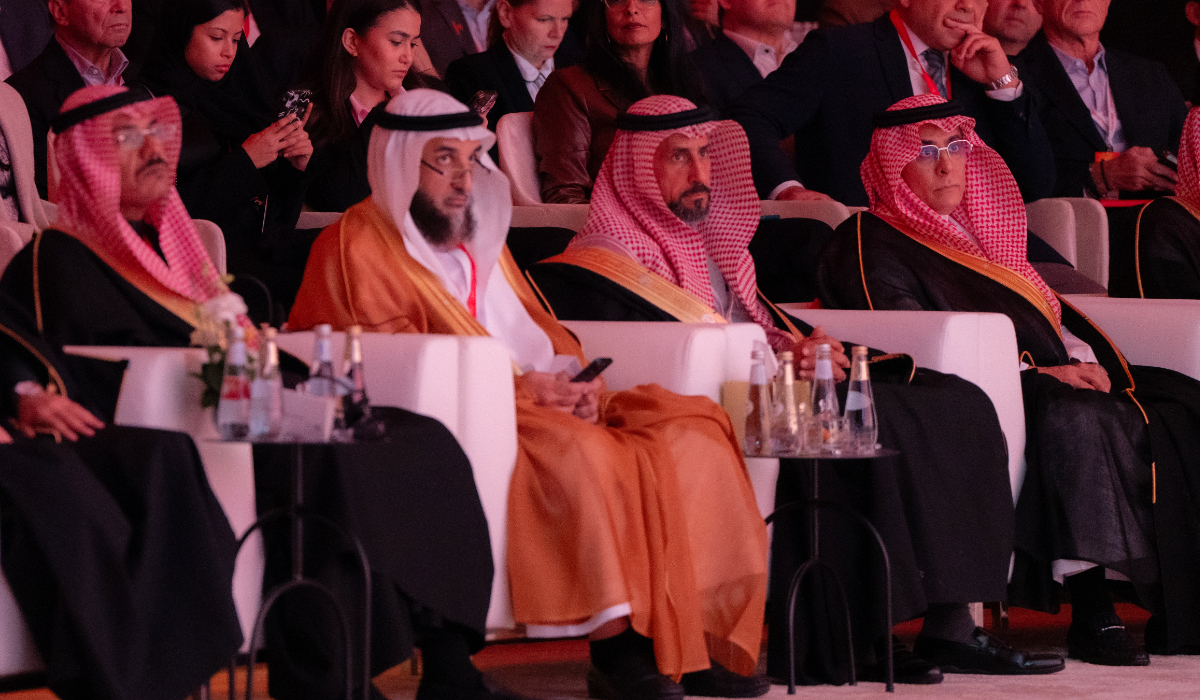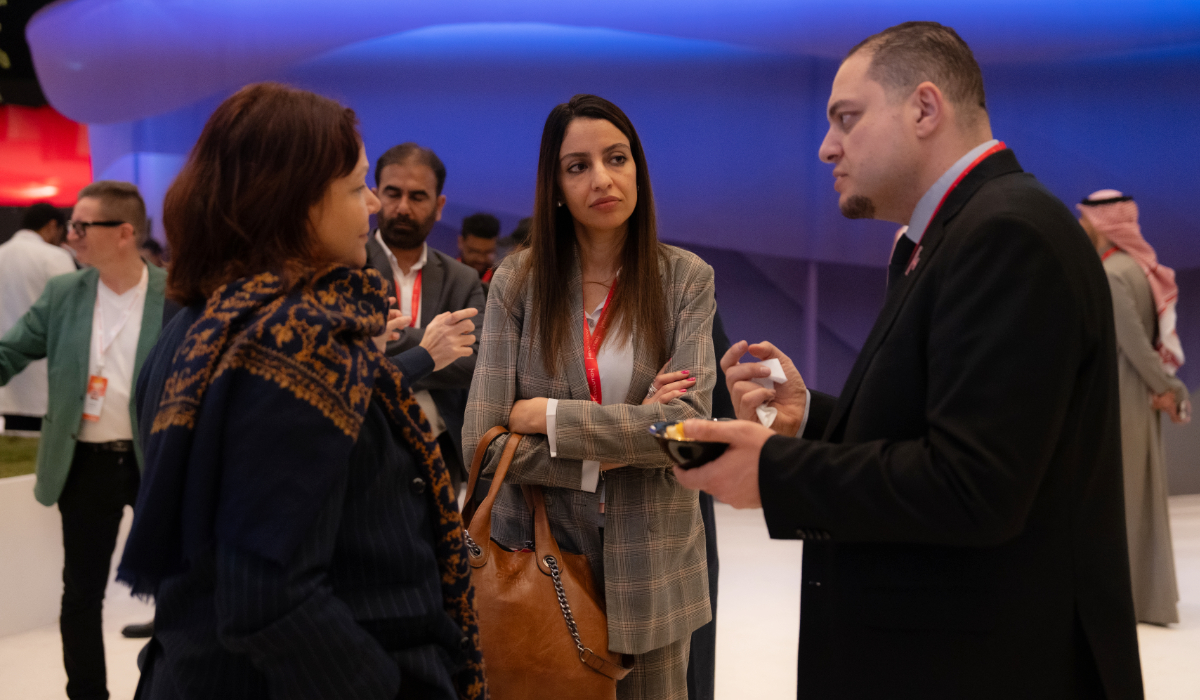RIYADH: From virtual assistant devices to extravagant light shows, Saudi Arabia has achieved more than 233 Guinness World Records over the years.
Guinness World Records lists human achievements and extremes of nature, and has great expectations for the country over the coming months.
The Kingdom has been placed second behind the UAE in the Middle East and North Africa region for its record-breaking streak.
Each region within the Kingdom has achieved notable Guinness World Records, setting the bar high.
Hassan Ibrahim, head of brand communications at Guinness World Records MENA and Turkiye, told Arab News that since the company’s expansion in the Middle East, “there has been a surge in record-breaking requests including many from Saudi Arabia.
“We’ve seen an increase in record attempts across various fields, such as art, with the largest coffee painting, environmental initiatives like the largest bottle cap mosaic, and gaming, with the most gaming consoles connected to a single TV. There have also been notable achievements in other areas, such as the youngest newspaper columnist (Ritaj Al-Hazmi).
All world records require thorough research to ensure that they meet the strict criteria set by Guinness World Records, including being globally competitive, breakable, verifiable and standardized, Ibrahim said.
“No world record is easy to achieve or monitor — each attempt undergoes a rigorous assessment process before a final decision is made. Guinness World Records is dedicated to publishing accurate and verified facts about the world, so as the term ‘facts’ suggests, the results of our findings should be accurate and true descriptions of what has been achieved.”
Ibrahim highlighted the significance of the creation of the darkest man-made substance by scientists from King Abdullah University of Science and Technology in 2015, in a collaboration between Prof. Yu Han and Prof. Andrea Fratalocchi.
The substance is a black material made of gold nanoparticles and called “dark chamaleon dimers,” which absorb more than 99 percent of visible light.
“It is also amazing to witness a local university breaking a record for the darkest man-made substance, or a community event creating the largest human awareness ribbon. Universities, charities, children and schools all contribute to this incredible variety of accomplishments.”
RIYADH
The most recent record broken was by Diriyah, which made history on Saudi Arabia’s 94th National Day by setting a mark recognized by Guinness World Records for the largest display of virtual assistant devices.
The show featured more than 500 Amazon Echo devices and Alexa voice assistants and was part of Diriyah’s celebrations of the Kingdom’s national day.
Noor Riyadh, an annual citywide festival celebrating the beauty of light and art, has secured 14 Guinness World Records, with its most prominent title being the largest light art festival in the world.
Architect and Designer Nouf Al-Moneef has been the festival director of Noor Riyadh since its launch in 2021. She told Arab News that preparing for Noor Riyadh’s records involved meticulous planning, collaboration with experts, advanced technical setups, securing permits, and rehearsals.
“A large, passionate team provided not only logistical support but also emotional encouragement, ensuring everyone stayed motivated and focused on delivering a flawless execution.”
She said that the festival’s record-breaking projects were driven by Saudi Arabia’s Vision 2030, aiming to promote cultural growth, gain global recognition and showcase innovation.
“The festival is also influenced by the history and legacy of light art and its pioneers, celebrating creativity through large-scale, impactful works that push artistic boundaries.”
In 2023, Riyadh Season, a range of entertainment cultural and sporting events held in Saudi Arabia’s Capital, also received Guinness World Records.
During the same year, Saudi Arabia entered Guinness World Records with the creation of the largest sustainable farm in the world, with a total area of more than 3.2 million sq m.
Minister of Environment, Water and Agriculture Abdulrahman Al-Fadhli received the registration certificate from the Guinness World Records during a ceremony held by the Saudi Reef Program at its headquarters in Riyadh.
EASTERN PROVINCE
Saudi columnist and author Ritaj Al-Hazmi has been awarded two Guinness World Records, in 2024 as the world’s youngest female newspaper columnist at the age of 15 and in 2020 for being the youngest female to publish a book series at the age of 12.
JEDDAH
In 2023, Olympic athlete Kariman Abuljadayel achieved the fastest time to row 10 km in open water at 57 min 24 sec in Jeddah.
In 2021, the largest LEGO® brick F1 car was 5.73m x 2.32m x 1.15m (18ft 9in x 7ft 7in x 3ft 9in) and was created by the Saudi Automobile and Motorcycle Federation in Jeddah.
ALULA
AlUla Moments set the Guinness World Record for the largest hot air balloon glow show twice — first in 2019 with 100 balloons, and then surpassed this achievement in 2022 by lighting up the skies with 142 balloons.
In 2019, the Royal Commission for AlUla achieved a GWR for the largest mirrored building covered by 9,740 m² (104,840 ft² 71 in²) of mirrored facade.

































